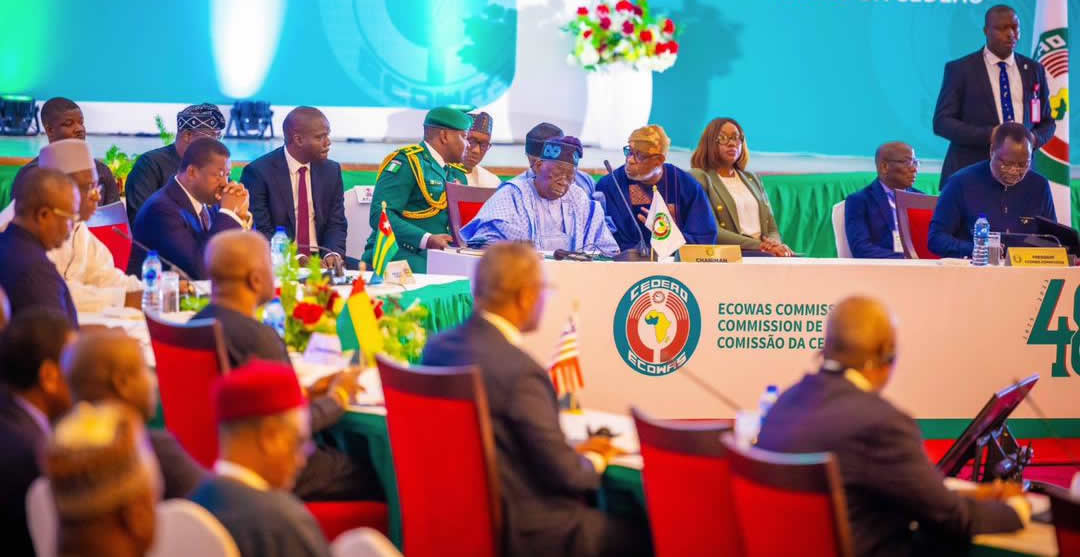
Across West Africa, the headlines from Senegal, Mali, Guinea, Ivory Coast, and Benin this week highlight a mix of security operations, educational reforms, cyberattacks, constitutional developments, and political disputes.
In Saint-Louis, Senegal, the regional branch of the National Division for Combating Illicit Migrant Trafficking (DNLT) arrested four Bangladeshi nationals who had entered the country illegally from Mauritania, according to Seneweb and Libération.
The suspects said they were fleeing a wave of deportations in Mauritania and had been assisted by a Pakistani friend who remains untraceable.
All four were referred to the public prosecutor’s office.
In Dakar, the Ministry of National Education’s decision to ban mobile phones in schools continues to spark debate. While many citizens welcome the measure as a way to reduce cheating, some parents and teachers call for broader consultation, arguing that phones can be valuable learning tools.
Marème Bâ Fall, principal of Lamine Guèye High School, supports the ministry’s clarification, stressing the importance of regulating digital technology without undermining its educational benefits, particularly with the gradual integration of artificial intelligence.
In Mali, celebrations were tempered by tension. The military and civilian parade on September 22, marking Independence Day, inspired national pride and popular support for the Malian Armed Forces (FAMa), Maliweb reports. However, a simultaneous cyberattack paralyzed ORTM and FAMa websites.
The attack, claimed by a group calling itself the Cyber Resistance of the Malian Army (CRAM), was allegedly conducted by mutinous soldiers in protest against recent arrests by the transitional government, according to Maliactu.
In Burkina Faso, Minister of Humanitarian Action Pélagie Kaboré defended reforms aimed at improving women’s living conditions during the 30th anniversary of the Beijing conference in New York, highlighting progress in education, health, and economic empowerment while noting ongoing security challenges, the AIB reports.
In Guinea, authorities declared the new constitution resulting from the September 21 referendum as “provisionally adopted.”
Minister of Territorial Administration Ibrahima Kalil Condé reported an 86.42% turnout and a “yes” vote approaching 90%, though the Supreme Court still needs to validate the text, Africaguinee notes.
Tensions are rising in Côte d’Ivoire after the rejection of former Prime Minister Pascal Affi N’Guessan’s candidacy for the October 25 presidential election.
Affi has filed a complaint alleging the CEI used a falsified document to invalidate his candidacy, denouncing serious anomalies in the electoral roll, according to Abidjan.net.
Finally, in Benin, former National Assembly President Adrien Houngbédji addressed rumours about his political stance ahead of the 2026 presidential election.
He denied having committed to any candidate, including Romuald Wadagni, stating that his decision will be made in consultation with his political movement and guided by principle, Banouto reports.



